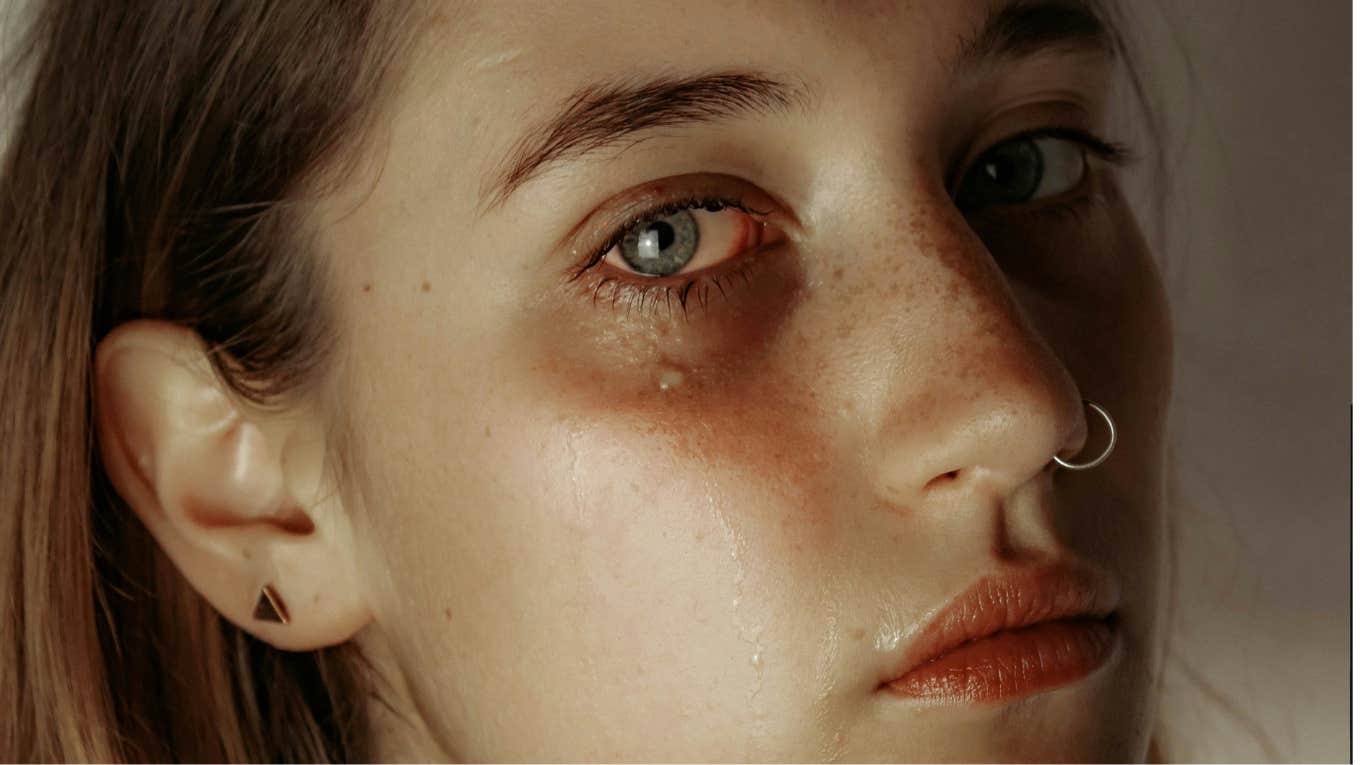Why Women With This Personality Type Are More Prone To Depression Than Men, According To Research
Women with this specific personality trait are significantly more vulnerable to depression.
 Francesca Zama | Unsplash
Francesca Zama | Unsplash Having busted through the glass ceiling, women are in high-paying and high-level positions in the workplace. We have awesome careers, have thumbed our noses at gender stereotypes, rule executive boards, are CEOs of multi-million dollar companies, and are more in charge than ever before in the history of human life.
Women no longer have to rely on men for food and a roof over their heads. We have everything we've ever wanted, right?
It's awesome, but despite all these inspiring factors, one would think would make for a very happy and secure woman, the results of a recent study have found that these powerful and highly educated women are far more prone to depression than their male counterparts. Ugh.
According to research, women with authoritative personality types are more prone to depression than men.
 Yuri A / Shutterstock
Yuri A / Shutterstock
A 2014 study from the American Sociological Association examined 1,300 men and 1,500 women from 1993 to 2004. During that time, they tracked their job statuses, changes in them, the possible signs of depression, and how they correlated to those career shifts and differences.
The study found that women, contrary to all the positives in their lives that "point to strong mental health," were more prone to depression.
Men, on the other hand, were totally fine. These findings have the researchers thinking that it all comes down to gender expectations, because, of course.
As lead author Tetyana Pudrovska explained, "Years of social science research suggest that women in authority positions deal with interpersonal tension, negative social interactions, negative stereotypes, prejudice, social isolation, as well as resistance from subordinates, colleagues, and superiors. People view women in authority positions as lacking the assertiveness and confidence for being unfeminine. This contributes to chronic stress."
I'm sorry, what year is this again? The only way to fight such issues in the workplace is to bring attention to them. Women shouldn't have to deal with unnecessary stress just because maybe a few Neanderthals around them still think a woman's place is home in the kitchen, barefoot.
We've made amazing strides in gender equality, yet gender is still a very present distraction and inhibitor in many places, in the workplace, most of all.
Pudrovska is hoping that her findings from this very lengthy study will help companies and businesses make the necessary steps to alleviate the causes of depression in powerful women. Mental health matters, and needs to be talked about more in the workplace.
No one should emotionally and mentally suffer just because they had the drive and talent to go all the way to the top. We're done with sitting in the passenger seat and have zero intention of ever giving up the driver's seat again.
If you or somebody that you know is experiencing a mental health crisis, there is a way to get help. Call SAMHSA’s National Helpline at 1-800-662-HELP (4357) or text "HELLO" to 741741 to be connected with the Crisis Text Line.
Amanda Chatel has been a wellness and relationship journalist for over a decade. Her work has been featured in Glamour, Shape, Self, and other outlets.

